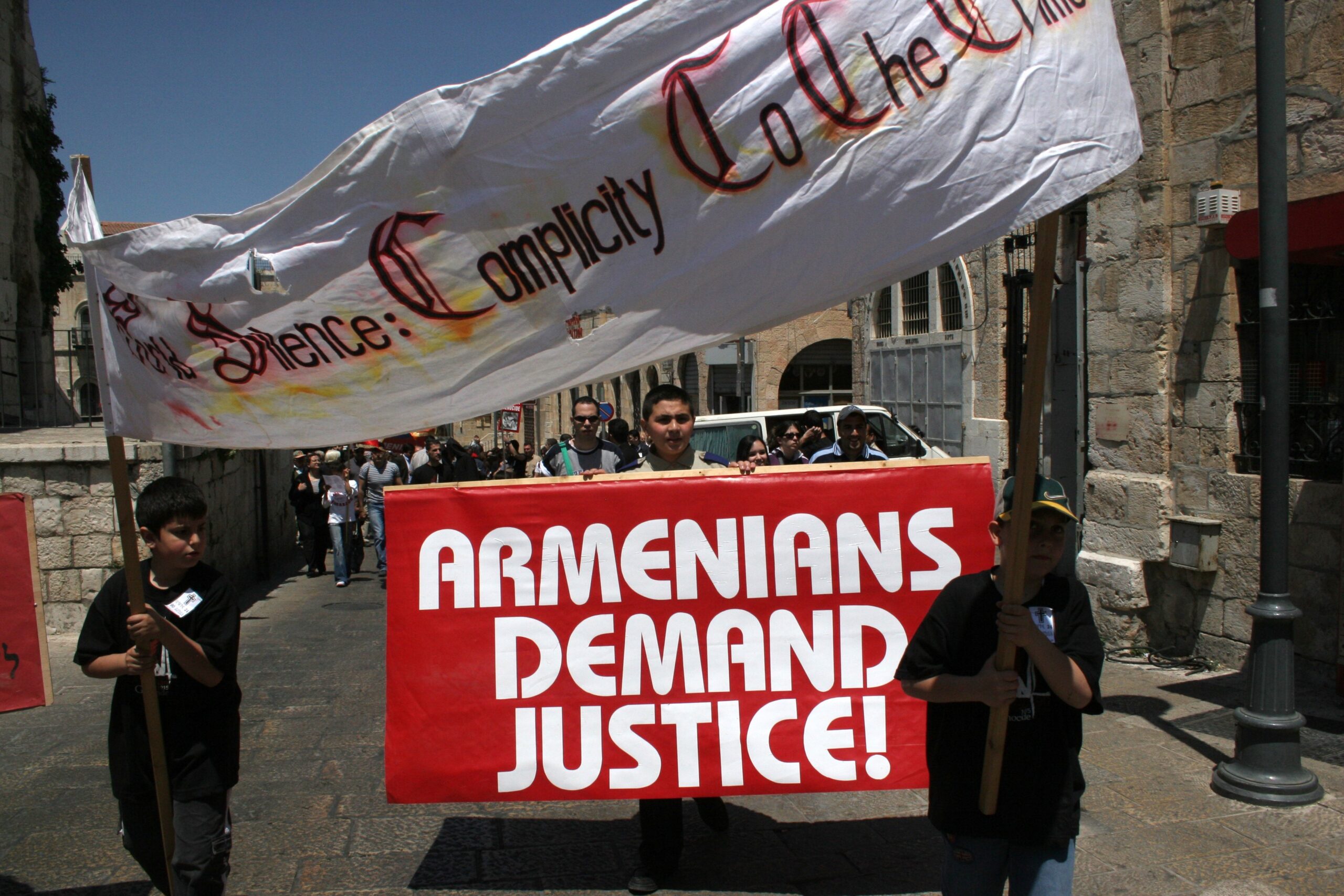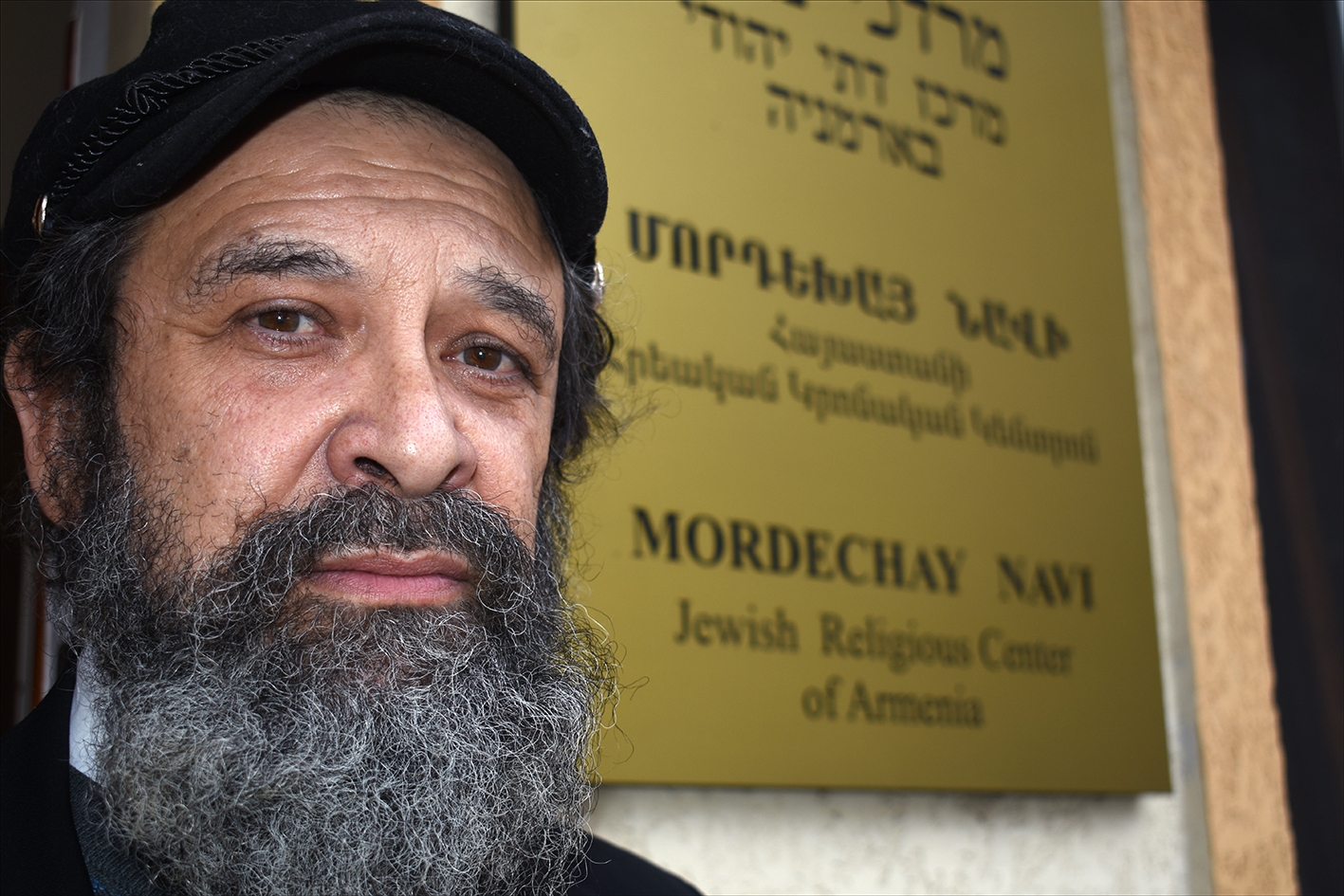YEREVAN, Armenia — The Armenian government announced on Friday that it would officially recognize the state of Palestine, joining other countries like Norway, Ireland, Spain, and Slovenia. This decision, making Armenia the 145th country to extend recognition to Palestine, was met with praise from Palestinian authorities and criticism from Israel.
Armenia’s Foreign Ministry cited the dire humanitarian situation in Gaza as a reason for the recognition, stating that the country is committed to promoting peace and stability in the Middle East and fostering reconciliation between the Jewish and Palestinian peoples.
However, the move is expected to strain relations between Armenia and Israel, further complicating efforts to improve ties and dispel allegations of antisemitism against Armenia. Israeli officials have summoned Armenia’s ambassador to Tel Aviv, Armen Akopian, for an official reprimand.
The relationship between the two countries has already been strained by Israeli arms sales to Azerbaijan, Armenia’s historical rival, and a contentious land dispute over Armenian church property in Jerusalem. Additionally, Israel’s failure to officially recognize the Armenian genocide of 1915 has been a point of contention.
Every year on April 24, Armenians worldwide, including those in Israel, commemorate Genocide Remembrance Day, honoring the victims of the first mass killing of the 20th century, which led to the coining of the term “genocide.”
Stella Mehrabekyan, a senior editor at CivilNet news agency in Yerevan, expressed disappointment in Israel’s actions, stating that Armenians and Jews share a common destiny and that Israel’s lack of recognition of the Armenian genocide is hurtful. She emphasized the need for Israel’s actions to be guided by moral principles.
Armen Akopian, Armenia’s ambassador to Israel, refrained from commenting on the recognition of Palestine but acknowledged the complexities of the situation. He highlighted Israel’s reluctance to recognize the Armenian genocide to avoid offending Turkey, a key ally in the region.
Despite the strained relations between Armenia and Israel, the majority of Israelis are said to support Armenia, especially in acknowledging the historical atrocities faced by the Armenian people.

The Armenian community of the Old City of Jerusalem protest against the Israeli government’s failure to recognize the historic mass killings of Armenians under the Ottoman Empire, on April 24, 2005 in the Old City of Jerusalem. (Kitra Cahana/Reportage by Getty Images)
The complex geopolitical landscape involving Armenia, Israel, and Azerbaijan has been further exacerbated by recent conflicts, including Russia’s invasion of Ukraine, ongoing hostilities between Armenia and Azerbaijan, and Israel’s military actions in Gaza against Hamas.
As Armenia’s Jewish community grows with the influx of Russian and Ukrainian Jews, incidents of antisemitism have also risen. Rabbi Gershon Burshtein, the spiritual leader of Yerevan’s Mordechay Navi Jewish Religious Center, has faced vandalism and attacks on the synagogue, believed to be orchestrated to discredit Armenia.

Rabbi Gershon Burshteyn, spiritual leader of the Mordechay Navi Jewish Religious Center of Armenia, seen outside the center he leads. (Larry Luxner)
This surge in antisemitic incidents has been attributed to the ongoing conflicts and political dynamics in the region, with some individuals expressing hostility towards Jews due to Israel’s actions and alliances.
Despite these challenges, it is emphasized that the majority of Armenians do not harbor antisemitic views and are focused on addressing their own societal issues and traumas, rather than being consumed by international conflicts.
